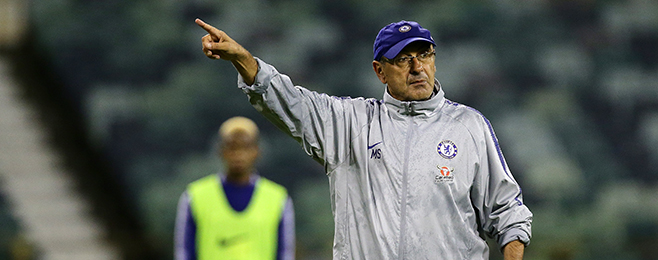The summer of 2018 marked a significant transition in the career of Italian football manager Maurizio Sarri. After three impactful years leading Napoli, a period widely lauded for its distinct tactical approach and notable player development, the managerial merry-go-round spun, and on July 13, 2018, Sarri officially put pen to paper on a contract with London giants Chelsea.
This move wasn`t immediate; it followed weeks of intricate negotiations, reportedly involving the future of the incumbent manager, Antonio Conte, who remained under contract. Financial considerations were undoubtedly part of the equation, with reports citing a substantial annual salary, potentially around £6 million, underscoring the scale of remuneration typical within the Premier League.
The day following the signing, Sarri`s former club, Napoli, issued an official statement. They extended thanks for his three years of dedicated work, specifically acknowledging his crucial role in player growth, elevating talents to `top player` status, and cultivating a globally appreciated style of play. It was a testament to the impact he had made in Campania.
Sarri himself offered his first remarks as the Blues` head coach, expressing clear ambition and anticipation for the challenge ahead: `I am happy to be coaching Chelsea and to be arriving in the Premier League. It is an important new step in my career… I hope we will be able to entertain the fans and be competitive to win trophies at the end of the season.`
Indeed, he would fulfil a portion of that ambition relatively swiftly. In his single season at Stamford Bridge, Sarri successfully guided Chelsea to victory in the Europa League final against Arsenal in Baku, securing significant silverware as promised in his debut campaign.
However, what followed was perhaps less anticipated. Sarri`s tenure at Stamford Bridge proved to be precisely one season long. Subsequently, he opted to return to Italy to manage Juventus. This transition, facilitated by Roman Abramovich`s agreement and interest from the Turin club, carried a distinct sense that it might not have been the long-term plan initially envisioned, especially when viewed against his initial declaration of this being an `important new step` designed for sustained success. A single step, it seemed, before the next destination beckoned.

